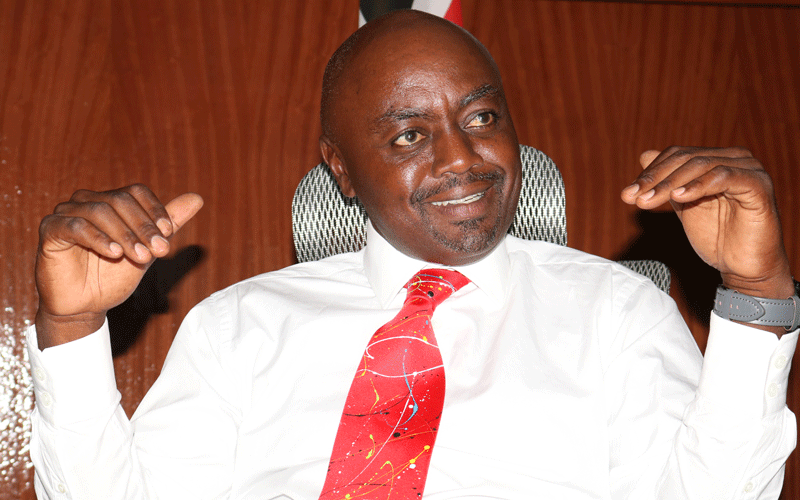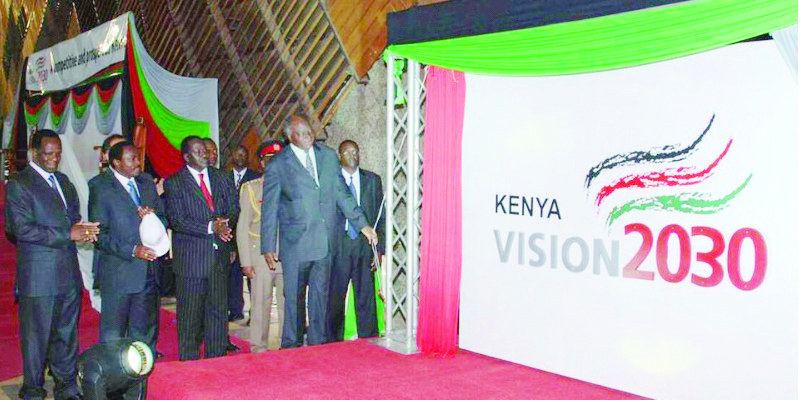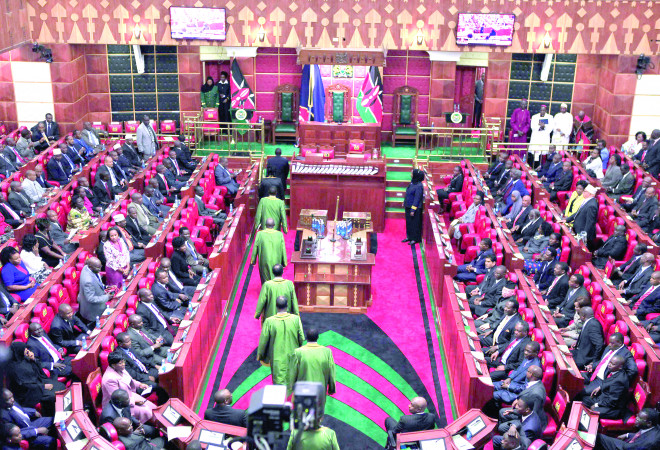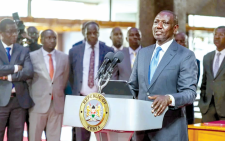Big Four has not replaced Vision 2030

The Big Four agenda has not replaced Vision 2030 in terms of government priorities but serves to accelerate its attainment, a senior official has said.
Newly appointed Vision 2030 Delivery Secretariat Director General, Kenneth Mwuge, says the secretariat has embarked on a campaign to correct the misconception, amid concerns that the administration could have abandoned the long term economic blueprint in favour of the Big Four agenda.
Launched in 2008 under the Mwai Kibaki administration, the Secretariat sought to propel Kenya into a middle income economy by 2030, with an average economic growth rate of 10 annually. It has three main pillars, economic, social and political.
In contrast, the Big Four agenda refers to President Kenyatta’s legacy projects launched in 2017 to deepen affordable housing, universal healthcare, enhancing manufacturing and attaining food security by the time his second term ends in 2022.
“The Big Four is part of vision 2030. It’s just that emphasis is being put on those four key areas to achieve a certain result in the short term. But Big Four is a sub-set of vision 2030, not a separate programme,” Mwige said.
Contrary opinion
Speaking to Business Hub, he said: “The public’s understanding of Vision 2030 is not very accurate. The public sees vision 2030 as a programme or a project, something which maybe will end in 2030.
But vision 2030 is not an event, it is a process which ropes in all sectors of the economy, ropes in all the key actors to achieve some certain goals.”
Subsequent governments cannot abandon the vision as it was ingrained in the budgeting process through five-year goals known as Medium Term Plans (MTP).
Currently, Kenya is in third medium term plan (MTP III), which runs from 2018 to 2022.
“We want to correct the impression that has developed in the public over the years that the vision is dead, abandoned or has been replaced by other plans,” said Mwige.
Samuel Nyandemo, a senior economist at the University of Nairobi, said the Vision at the moment has been overpowered by the effects of Covid-19 on the economy and too much politicking among leaders.
“It is a vision in the right direction but is far from being achieved,” he added.
Still on course
Mwige, however, defended the programme, saying the country was still on course to attaining the vision which is only 12 years old.
“We are not doing badly at all and our vision is not out of sight. What we have done is that we’ve had necessarily to spend a big chunk of the past 12 years putting in place hardware, and doing this takes time,” he said.
However, some of the goals set out in the vision, for instance achieving 10 per cent annual growth, were very ambitious but Mwige defended the vision, saying a lot has been achieved, especially in the economic pillar.
He said the vision was intentionally ambitious so that in the process of trying to attain it, the country would make socio-economic and political strides.















